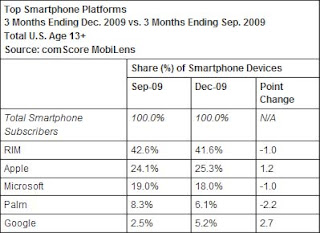Today, PayPal announced that it is making some changes to its user agreements and pricing. The changes are specifically related to refunds, chargebacks, and Amex payments.
PayPal senior director of SMB Merchant Services Eddie Davis outlines the following changes:
- Refund Prices – Starting August 10, PayPal will retain the transaction fee (typically $.30) when a seller issues a refund (U.S. and Canada merchants).
- Chargeback Prices – Starting August 24, we’ll be increasing chargeback costs from $10 to the typical industry rate of $20 (U.S. merchants only, eBay merchants enrolled in the PayPal Preferred program are exempt).
- American Express Card Acceptance – On July 13, PayPal and American Express will enter into a new card processing arrangement that requires merchants to establish a direct contractual relationship with American Express. You’ll need to accept a new agreement with American Express if you want to continue to accept American Express cards directly through Website Payments Pro and Virtual Terminal. PayPal will continue to service American Express transactions. As part of this new agreement, the fees we charge for American Express payments will change to be on par with their typical industry rates. You’ll also need to make sure that you comply with other terms in the agreement with American Express. As part of this new agreement, American Express pricing will change to be on par with their typical industry rates. You’ll also need to make sure that you comply with other terms in the agreement with American Express. This only applies to taking American Express credit cards directly. There’s no change if a consumer chooses to pay with PayPal, no matter how the account is funded
Davis notes that standard transaction fees for PayPal payments and direct credit card payments for Visa, MasterCard, and Discover will remain unchanged.



